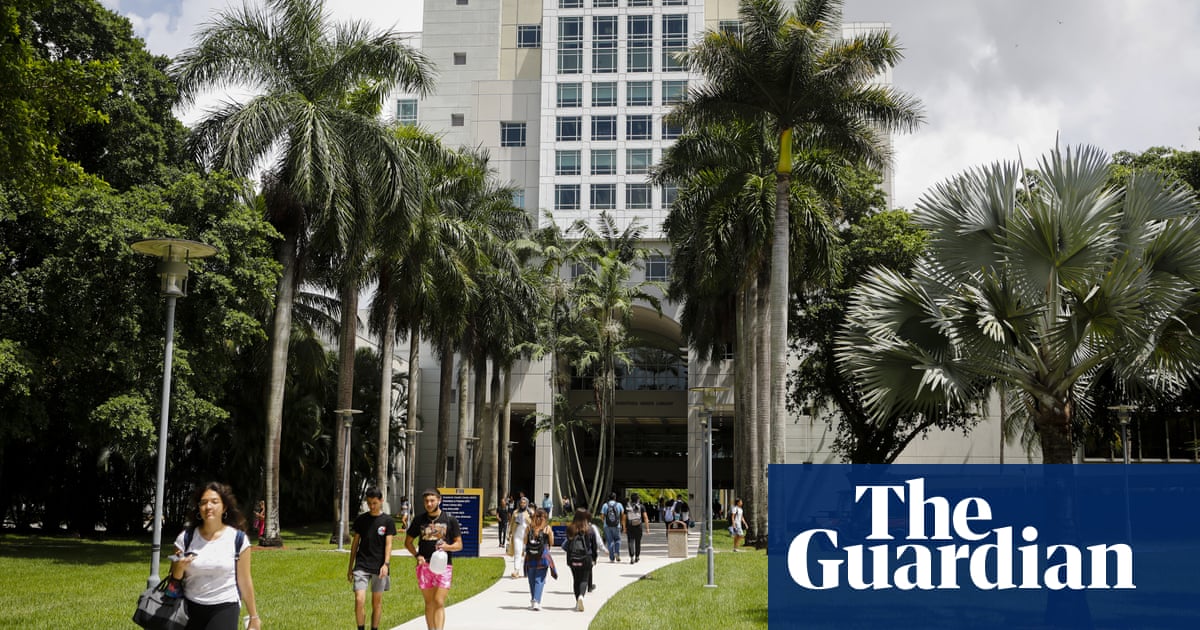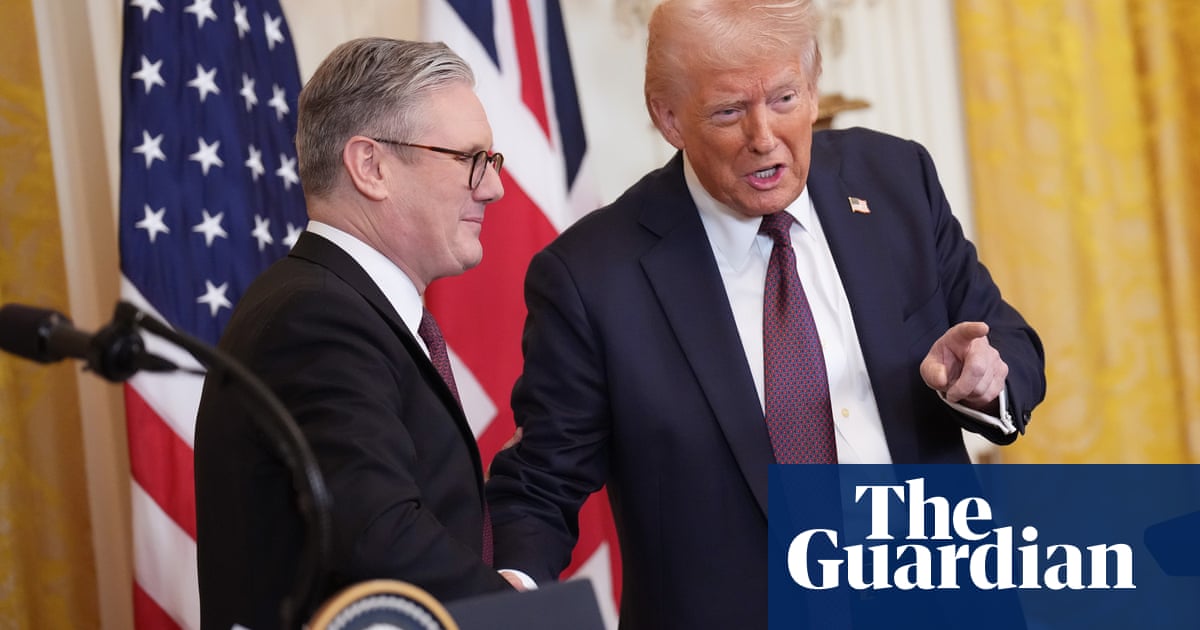Inauguration day in the US signalled the drum beat of the far right sweeping across western democracies. According to Sadiq Khan, now is the time to be “unflinching in defence of our democracy and values”. Rightly, Khan warned that “the spectre of a resurgent fascism haunts the west” as Europe’s hard-right politicians, including some from Britain, gathered in Washington to welcome the new president.
Mayors are in a unique position: they can give voice to what many think but the government cannot say, bound as it is by diplomacy and trade links. Protecting democracy, Khan said, will mean ministers must “ratchet up” pressure on social media companies to stop “a billionaire bully” using his social media platform to amplify lies and “advance the cause of the far right”. Yes indeed – let’s do that.
But there is another, more elemental means of defending democracy that will prove more challenging to Labour. The best defence against extremism, and against an unrepresentative minority capturing absolute power without majority consent, is a proportional voting system that precludes a minority hard right – or a hard anything – taking power. On this, Keir Starmer would do well to listen to the regrets of a centre-left leader leaving office after a decade in power. Canada’s Justin Trudeau recently aired his greatest regret: “I do wish that we’d been able to change the way we elect our governments in this country.” Too late, far too late.
Trudeau promised to make 2015 the last election under first-past-the-post (FPTP). In power, he summoned a cross-party committee that agreed to a referendum, but he allowed his own party to sabotage it. Tony Blair too reneged on the electoral reforms he agreed with Paddy Ashdown and Roy Jenkins. At the party’s 2022 conference, delegates overwhelmingly voted for proportional representation (PR), and campaigners reckon most MPs and cabinet members now back it. When Starmer ran to be leader, he said: “On electoral reform, we’ve got to address the fact that millions of people vote in safe seats and they feel their voice doesn’t count.” But it vanished from his manifesto. His 2024 result was the most unjust ever, gifting Labour a monster trawl of 411 seats despite only getting 33.7% of votes. On PR, he has since fallen silent.
That is dangerous hubris. The same electorate that gave Labour its majority under FPTP is wildly volatile and mistrustful. When polled, it rejects incumbents within months. Years of stagnation have left voters easily seduced by fantastical answers to Britain’s deep troubles, so nothing is entirely inconceivable – including Nigel Farage triumphing at the next election.
Some erstwhile electoral reformers wonder if FPTP isn’t safer. After all, PR would have given Reform UK 100 seats in 2024, the Tories 139, Labour 228, Liberal Democrats 73 and Greens 71. Good grief, Farage would have 100 MPs! Surely it’s better to keep them locked out, people murmur. Yes, politics would change forever under a PR system. Both hard-right and further left parties would gain their fair place in parliament. Labour would have lost its majority – though it would still lead a coalition of the left. But Reform would never govern alone without moderating parties. So which is worse? And might this government not be bolder if it was bolstered by coalition partners?
If policies were agreed between more than one party, economic policy would likely be more stable, with less of the ceaseless pendulum swing of quick fixes and eye-catchers. At the budget, Paul Johnson of the Institute for Fiscal Studies said there was “some evidence that a better designed electoral system has an effect on the quality of economic policy-making”, leading to fewer policy changes every five minutes. In Europe only the UK uses winner-takes-all FPTP. Under PR, Labour might even dare to undertake long overdue council tax reforms, if it had coalition partners with whom it could share the wrath.
What does the public think? Compass, a group that campaigns for PR, found that 42% of people it surveyed would feel more favourably towards Labour if it backed PR. As the psephological sage Peter Kellner has pointed out, when Nick Clegg got his referendum on the alternative vote (AV) in 2011, polls likewise looked positive, with a 56% to 35% majority for reform. By referendum day, AV was defeated by 68% to 32%. You may recall that the NO2AV campaign was where the right cut its teeth in preparation for the Brexit referendum, with a lavishly funded myth machine headed by Dominic Cummings, which pumped out scandalous untruths. That campaign trialled posters suggesting the referendum was an immoral waste of money. One read “She needs a new cardiac facility NOT an alternative voting system”, with a photo of a sick baby. Alas, the opposition campaign, Yes to Fairer Votes, much like the Stronger In campaign, drowned in reason.
Why would Labour venture into this quicksand? Because FPTP exposes the country to a minority takeover. The reason the right have governed for most of my life is because the voting system empowered them over a larger but divided left. It’s notable that even Reform, which railed against an elite conspiracy that gave its 4 million voters just five MPs, has fallen silent on PR. No Reform MP has joined the all-party parliamentary group for fair elections. The word is that they now think they could win under FPTP: either by ousting enough Conservative MPs or by capturing the Tory party from the sidelines.
If Starmer sincerely means to put “country before party”, he should set up a commission on the democratic deficit to win public backing for change, and do it by the next election. Otherwise, he will leave office with the same regret as Trudeau. It is time to look across the Channel, look across the Atlantic, and shore up Britain’s democratic defences.
-
Polly Toynbee is a Guardian columnist

 2 months ago
91
2 months ago
91













































